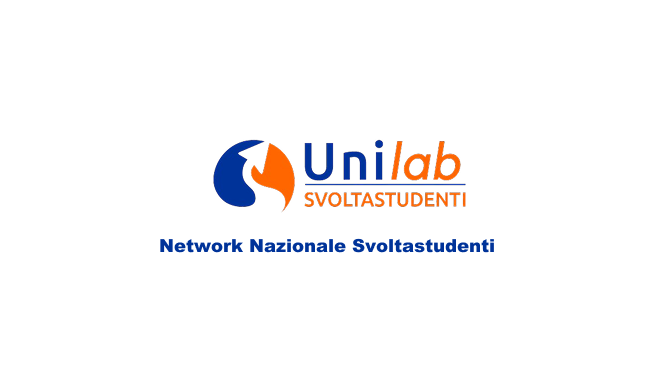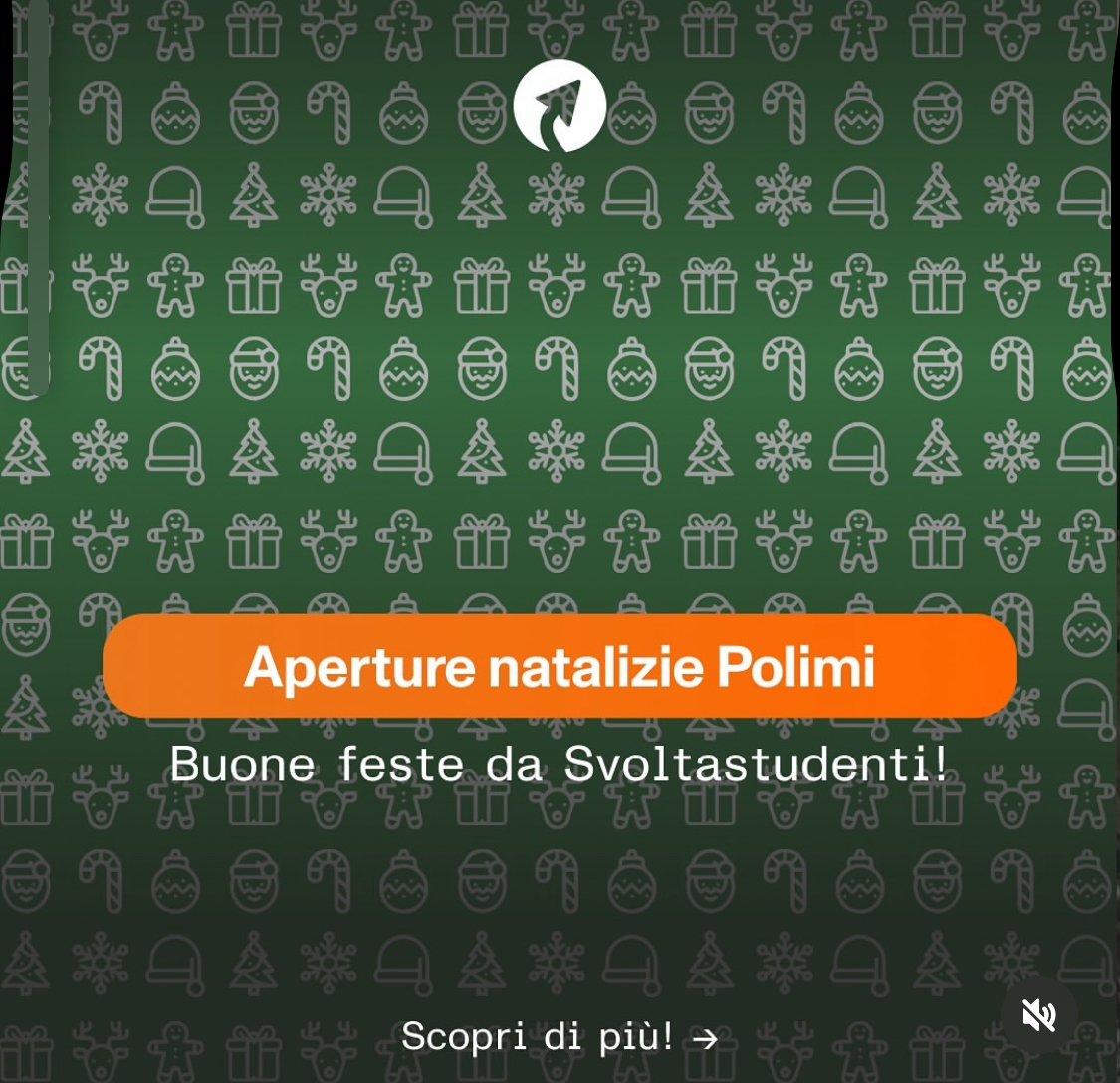The first day of the university conference dedicated to teaching took place today. Today's central themes were:
- Design and interdisciplinary teaching
- From the internationalization of students to an international University
- Research training
After some interventions by the teachers, the word passed to the students and to the question"How to ensure the development of a didactics that emphasizes training, innovative capacity, planning and multidisciplinarity without sacrificing disciplinary skills?" I, spokesman for all the students, replied as follows:
From our point of view, posed in this form, the question poses too many questions at once and, in proposing so many arguments, risks confusing the cards and complicating the answer.
Let's start by "dissecting" it and asking ourselves, first of all, if it is right to see training, innovative capacity, planning and multidisciplinarity as antithetical to disciplinary skills. We must not run into this error, but rather, we students believe that all the aspects listed are different sides of the same coin, complementary and essential to each other.
It must be admitted that in Italy, by tradition, more weight has actually been given to theoretical speculation than to practical experience, but this does not mean that the latter has disappeared or must do so.
It is very true, on the other hand, that other cultures, other countries and current times, seem to be oriented towards a much more practical training of the university student, to the detriment of a fundamentally theoretical preparation, the one, in short, summarized previously in the expression "disciplinary skills". The inevitable historical changes and a different awareness of the tools that a graduate must possess, push for a reinterpretation of the training process.
The challenge that must be posed, therefore, is that of a synthesis: the synthesis between the peculiarities that have always characterized the Italian student, a strong theoretical basis, multiple skills of abstraction, creativity, and culture and the skills that the universities of the world require: the critical capacity, the initiative, the practical attitude, the ability to work in a group, soft-skills.
We must therefore work to refine and consolidate each of these aspects without prerogatives or sacrifices of one or the other. More complex, however, is to understand how it is possible to emphasize the training considering the diversity between the students of today and the past.
If we analyze the situation well, we believe that we realize that simply the students of today and those of yesterday handle different tools to respond to different needs and the biggest mistake that can be made, from our way of seeing, is to force the students of the present to learn the tools of the past, to the detriment of the most current ones.
This does not imply the need for a simplification or impoverishment of the programs, especially in the founding exams of the first years, which on the contrary should be even more rigid, but actually if we want the students of PoliMi to be in step with the times it is necessary, first of all, that the professors have the desire to change teaching. In addition to what is taught, the way students learn, to receive information (much faster and conceptual, less and less didactic) has changed: it is evident that the way of teaching must change and to do so there are two ways:
• Blind experimentation;
• The willingness, on the part of teachers, to collaborate with professionals to try to formulate a new teaching model, more effective and attractive.
There must be, of course, the collaboration of the students, which, however, can and must be stimulated by the teacher through the extension of group work and projects to all degree courses, as already provided for in some schools, which, in addition to being necessary for the comparison between students and allow to interface directly with the problems, offer an important feedback to the teacher, lesson by lesson, since what you say must "pass" and what you hear must also be understood.
At the same time we recognize the ability of students to independently organize the study load going to clash sometimes between the differences within the university and the schools themselves: it is unthinkable in fact to have to face the same exams of the same course of study in a different way just because they belong to different brackets, the programs and evaluation criteria should be similar!
This could be overcome through greater collaboration between teachers of the same course of study, for example by crossing the correction of exam tasks. In addition, a university very careful to guarantee equal opportunities and the right to study for all students, should also be the guarantor of the same possibilities of learning and verification, which is why we consider very important the uniformity of the number of appeals between the different schools, we are students of a single Polytechnic!
Elsewhere the university is understood as a complete life experience, in which one grows from all points of view and lays the foundations for one's future, as professionals, but also as men and women. In Italy, in most cases, the university is lived with excessive "verticality", to the detriment of that "horizontality", which so much recognition brings to our system of high schools. Not that in the university we should not, in a certain sense, "specialize", but we believe we must do it with an eye always turned to other realities, which exist and rich, already during the life of a student, and which will become predominant in the world of work, in which it is unthinkable not to have to deal with other figures, perhaps diametrically opposed to one's own, but with which one must be able to have a dialogue and arguments. In this sense, at the Polytechnic, we must not lose culture, which is the common humus from which all ideas, especially the most innovative ones, are born and we must give the opportunity, to as many students as possible, to experience multidisciplinarity and diversity. But all this must find its primary source from subjects other than teachers or even from the Polytechnic in the strict sense.
It would be nice to think about expanding the number of international competitions in which PoliMi participates: competitions, which usually bring together teams of students from different fields. Involve students in the real project of the university, with projects entrusted only to students (from the creation of an iPhone application (designers + inginf) to the project of a new building (ing + arch), etc ..).
You can think of increasing the field of exams of your choice, including some of them with a non-purely technical character, belonging to other schools or courses of study, or allow a student to follow more courses, with a recognition at the level of credits.
Beyond all this, we believe it is essential that the greatest resource is that deriving from the students themselves: you cannot in fact ask a course of study to lose your identity, you must instead remember that the first source of multidisciplinarity is contact with other people, who study things different from their own!
It is therefore fundamental, also for the good of teaching and training students, individuals and citizens, the creation of a strong polytechnic community of students, who have the opportunities and places to meet, discuss and compare.
Students also clearly perceive this need to grow on several fronts and are the first to organize additional courses to those offered by polimi, to meet and create something different, to take the initiative, to practically face problems, to work together.
This is why it is very important to support the activities of the students. Support them economically but also ideally, with the conviction on the part of all, administration and teachers, of what importance the world plays outside the lessons for the enrichment of those graduates who once they finish university will find themselves building the future.
The two days of the university conference dedicated to teaching have ended, these were the points touched yesterday at the clover in front of a not too numerous audience:
- Disciplinary skills: towards a new polytechnic culture.
- The potential offered by technology.
- How to evaluate the quality of teaching.
In the hope that this conference will not remain just a beautiful presentation of ideas, testimonies and projects but can be a solid starting point from which to draw a lot for the future of our University, I report the speech that our senator Fabio Frassini in the name of all the students has exposed about the potential offered by technology.
The introduction of new technologies in teaching is a theme that given the speed of development of the same is of considerable interest and above all always "on the crest of the wave". Nowadays technology represents a fundamental point not only for the university, but for everything that surrounds us.
Trying to answer the question and organizing this intervention, we found many difficulties due to the process, sometimes not yet started, of transformation from a classical teaching to a didactics supported by technology.
We students do not absolutely believe that technology should have the upper hand over the fundamental relationship that is established between teacher and student, or on the importance that it covers the real comparison, but we are also convinced that technology must integrate the classic way of teaching and must be instrumental to a complete training of the student.
The computer channels if used in the best way, can greatly simplify the life of the student, it is in fact unthinkable to have to access multiple platforms to retrieve the teaching material and everything that is necessary to carry out the training tasks.
This research, for example, could take place in a much more simplified way if all the professors used the platform of "online courses" possibly even just by writing the reference links, or, implementing their use, something that we students suggest given the high schematic nature of the platform and above all its possible usefulness even after graduation, with a view to a continuous training of the subject POLYTECHNIC STUDENT (thanks to the new introduction of l codice persona) that will benefit from it in the future, making our platform a cultural search engine.
We also suggest that in support of the classic teaching material, which in any case must remain a support for the study and not a substitute for the texts, the possibility of accessing the teaching material from mobile devices is introduced, as happened for the "Webpoliself".
After all, this is what the future asks of us and that for some time has been moving towards a more technological direction: faster identification of the basic concept, but impoverishment of the details of the key concepts, precisely for this reason, we recommend that in the face of the material inserted by the professors even students in an "open source-social" perspective can insert links, video and audio be the result of improvement, also helping colleagues to the best usability of study concepts.
In addition, the continuous push that all students move towards a complementary training to the didactic one aimed at the future working environment is well known.
In conclusion, our thinking converges towards two further rather captivating proposals, given the experience of some students returning from a period of exchange abroad, what does the public think of the possibility of providing, at the time of enrollment of the student, a netbook or a laptop (whose respective costs on the market are of the order of € 180 or € 800 and which could be financed for students who did not have the financial resources with a loan of honor or with an installment) on which, for example, different open source programs can be loaded depending on the course of study attended?
In addition, why not try to develop a "computer desk", in the style of the secretariat, where a student or a professor who is faced with difficulties cannot have technological support?




